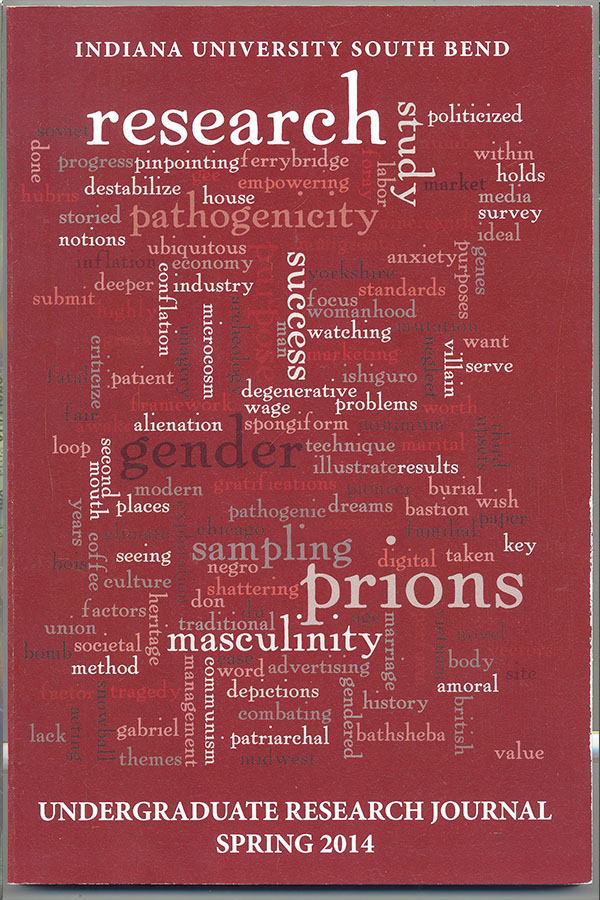Pathogenicity and Effects of Prions Misfolding
Main Article Content
Abstract
Prions are proteins found naturally in the human body and also in other species. Prions are ubiquitous and have been found in everything from plant and mammal cells to single celled organisms such as the bacterium, Escerichia coli. The natural function of prions is largely unknown, however it is thought that they are involved in several functions such as cellular adhesion, protection, and cell signaling. The pathogenicity of prions stems from an altered pattern of folding of the protein.The altering event that triggers change is a single amino acid replacement which converts one of the alpha helices in the cellular prion protein into a beta sheet confirmation. This specific mutation induces the pathogenic isoform This isoform can interact with the normal celular versions of prion to convert them into the pathenogenic forms. This paper will look at prion diseases and how they affect the brain as well as what contributes to their pathogenicity and transmission.
Downloads
Download data is not yet available.
Article Details
Section
Articles
IUSB Student Journal Copyright Agreement
☐ I declare that this submission is my original work, and that it does not, to the best of my knowledge, infringe upon anyone's copyright.
☐ I agree that that [the journal] may, without changing the content, translate the submission to any medium or format for the purpose of preservation.
☐ The Undergraduate Research Journal may keep copies of my submission, and to translate it to any medium for future reproduction and distribution. I understand that I have the right to request that my submission be removed from IUSB online sources at any time by emailing Stephen Finlay, IUSB ScholarWorks administrator, at scfinlay@iusb.edu. Once I have made the request, the item in question will be taken down immediately.
